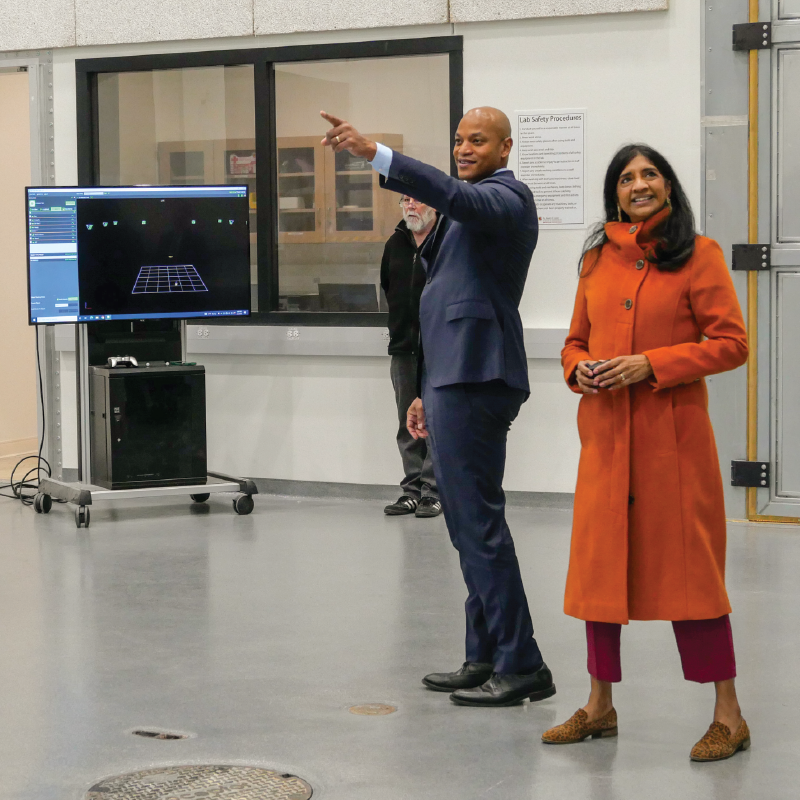News Story
Baras, Poovendran win integrated security services contract
Professor John S. Baras (ECE/ISR), Professor Virgil Gligor (ECE) and Assistant Research Scientist Radha Poovendran (ISR) have been awarded a $2 million, three-year Defense Advanced Research Projects Agency (DARPA) contract for "Integrated Security Services for Dynamic Coalition Management." The goal is to realize the vision of an integrated access control, authentication, and secure group-communication architecture to support dynamic coalitions consisting of varied members with diverse interests and multiple administrative domains.
The contract has been awarded under DARPA's program on Information Assurance and Survivability, Dynamic Coalitions section. The project is for the period March 13, 2000, to March 14, 2003, and the total contract award funds are $2,051,463. The project's goal will be achieved by providing an integrated set of security policies and services for different system platforms, network infrastructures, and group-communication applications, and by demonstrating new, practical security technologies.
Currently, this goal has not been attainable because of:
(1) the inability to represent, negotiate, and enforce a consistent security policy across multiple system platforms and public-key infrastructures (PKI);
(2) the lack of secure group-communication services and products, particularly efficient key-management, and security policies that enable large-scale management of group access rights within tight time constraints; and
(3) the absence of visual tools for human-readable security policy definition and enforcement.
The University of Maryland team believes that the ability to create coalitions with diverse and rapidly changing membership is an important enabler for a multitude of applications in national defense, business and commerce. To address the dynamic coalition problem, our team will analyze fundamental properties of, and provide tools and servers for, security policy representation, negotiation, and enforcement in different system platforms, PKI, and group-communication applications, including large-scale, frequent distribution, review, and revocation of certificates and access rights. Our team will also analyze fundamental properties of secure group-communication including scalable key generation, efficient and robust re-keying, for frequent coalition member joins and departures. We will develop a test-bed for the integration, demonstration, and evaluation of our research results and products.
The University of Maryland team brings significant experience and expertise in definition and system representation of security policies, in secure group-communication research, and in efficient distribution and revocation policies in PKI. It also brings direct experience with commercial security products and standards, and a strong, cost-effective, project management plan. An excellent cross-disciplinary research infrastructure will support the project.
Published April 6, 2000









